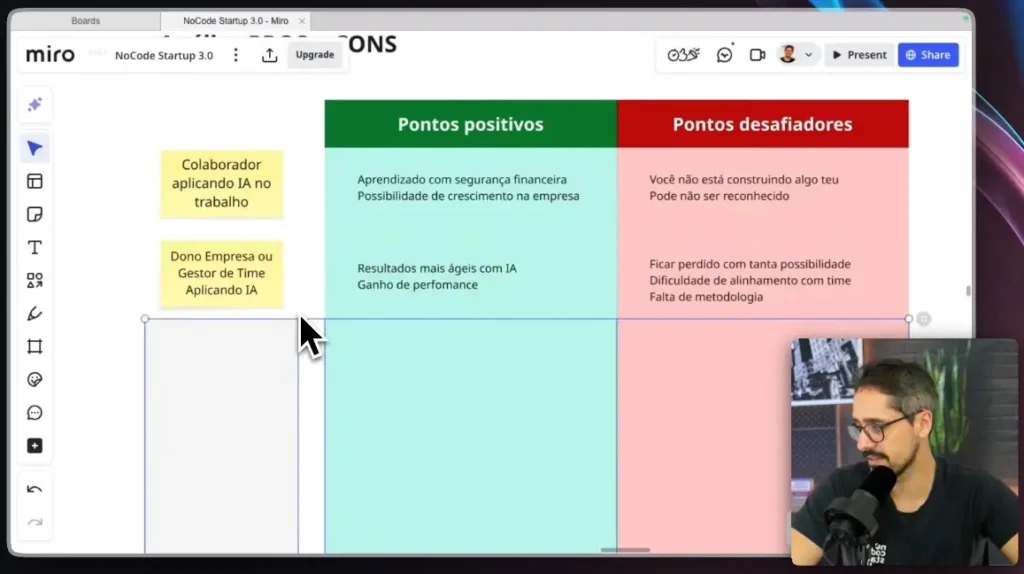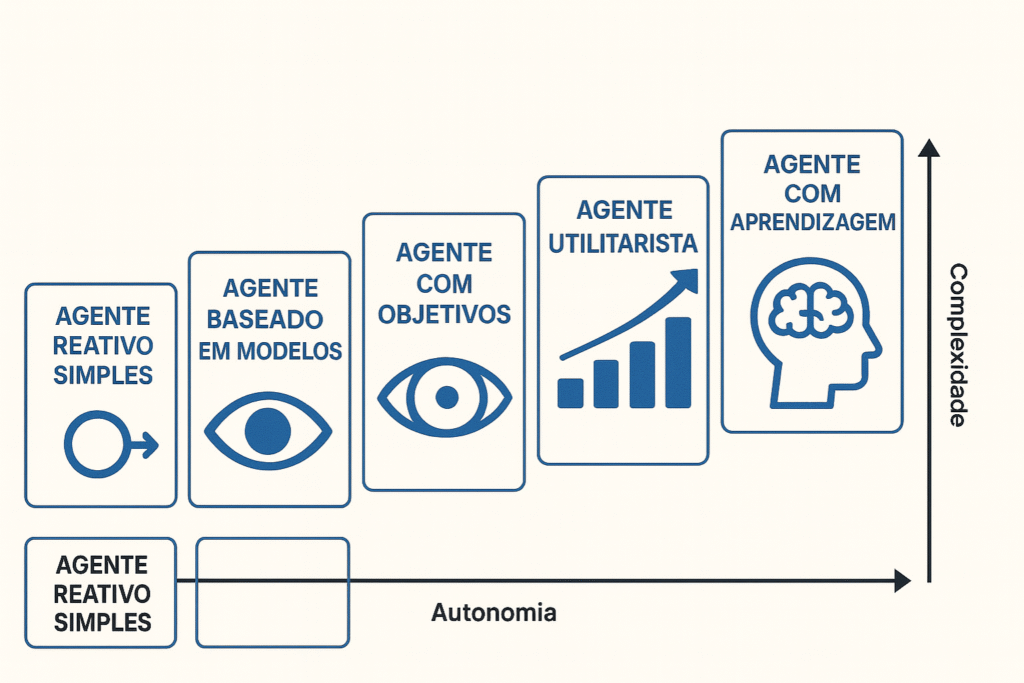Artificial intelligence (AI) is revolutionizing business management, emerging as a powerful tool that transforms the way companies operate.
Far from being just a buzzword, AI has become a strategic asset that enhances managerial capabilities, making it essential for navigating today’s complex, fast-paced markets.
By integrating AI into core management functions, companies can streamline operations, make data-driven decisions, and drive innovation.
Contents
The role of AI in business management: a game changer

AI enables managers to leverage data-driven insights, automating routine processes and improving resource allocation, which leaves leaders with more time to focus on higher-level tasks such as strategic planning, problem-solving and driving innovation.
With AI's advanced analytics capabilities, managers gain deep insights into employee behavior. customer service.
As well as market dynamics and operational performance, enabling them to make informed decisions with greater confidence.
Main benefits of AI in business management
AI offers a wide range of benefits that enhance business operations. Here are some of the most impactful benefits:

- Data-driven decision making: AI processes large amounts of data quickly, providing actionable insights to help managers stay ahead of market trends.
- Operational efficiency: By automating repetitive tasks like data entry, scheduling, and document management, AI reduces human error and speeds up processes.
- Cost reduction: AI-powered predictive analytics helps businesses optimize operations by identifying cost-saving opportunities.
- Strategic planning: Predictive analytics models allow companies to anticipate market trends and customer behaviors.
- Quality control: AI enables real-time monitoring of product and service quality, quickly identifying defects or inefficiencies.
- Risk Management: AI continuously assesses potential risks enabling businesses to implement proactive risk mitigation strategies and protect their assets and reputation.
- Time savings: Automating time-consuming tasks allows managers to focus on strategic initiatives and complex decision-making.
- Competitive advantage: Companies that leverage AI gain a significant advantage in offering cutting-edge solutions, improving service efficiency, and utilizing data-driven insights.
- Innovation: With routine tasks automated, managers and employees can focus on more creative and innovative activities.
How can artificial intelligence help in business management?

AI systems in business management go beyond traditional tools by integrating machine learning, large language models (LLMs), and advanced data processing to provide real-time insights and accelerate decision-making.
So, check out how these systems work:
- Data collection: AI systems collect operational, customer, market, and employee data.
- Data preparation: Data is cleaned and standardized for AI processing, which handles inconsistent data.
- Data embedding: Textual data is converted into vectors to facilitate analysis by AI.
- Vector banks: vectors are stored in banks that allow quick searching.
- Orchestration: manages the workflow, integrating APIs and AI processes.
- Query: Users make queries and the system generates relevant insights.
- LLM Processing: AI uses large models to provide predictions and reports.
- Output: Insights are presented in a clear and actionable way.
- Feedback: User feedback adjusts the system to improve accuracy.
- AI agents: solve complex problems and learn over time.
- LLMOps: Monitors performance and validates the accuracy of results.
AI technologies used in business management
AI technologies play a transformative role in business management by automating processes, improving decision-making and enhancing operational efficiency.
So, here’s how specific AI technologies, particularly Natural Language Processing (NLP), contribute to business management:
Natural Language Processing (NLP)

NLP enables businesses to understand and process human language, extracting valuable information from large volumes of text.
Thus, this technology is essential for managing text-based documents and improving workflow efficiency.
Text Analysis and Named Entity Recognition (NER)
Text Analytics breaks down unstructured text into structured data, enabling managers to quickly extract important insights from documents.
Thus helping to transform raw data into actionable information.
NER identifies important entities such as names, dates, and organizations in documents, providing managers with instant access to relevant details.
Sentiment Analysis
NLP can analyze the emotional tone of texts, allowing managers to assess customer feedback, employee sentiment, or market trends.
After all, understanding whether content is positive, negative or neutral helps you make better informed decisions.
Text classification
NLP can categorize large amounts of text into different topics or classes, making it easier to organize and retrieve documents.
Thus, this is particularly useful for managing contracts, reports, and other important documents by grouping them based on their content.
Data Mining

The data mining techniques driven by AI agents enable companies to discover patterns and relationships from large data sets.
As such, these insights are useful in decision making, identifying trends, and identifying critical data points.
Association Rule Mining
This technique helps managers identify hidden patterns and relationships in business data.
For example, spotting frequent term competition can reveal market trends or changes in customer behavior.
Clustering and anomaly detection
Grouping similar documents together helps managers retrieve related information quickly. Anomaly detection identifies irregularities in data, such as errors or unusual patterns.
This allows managers to address potential issues before they escalate.
Text analysis

AI text analytics capabilities help businesses manage and analyze large amounts of unstructured data efficiently.
Information retrieval and summarization
By simplifying text search and retrieval, AI agents enable managers to locate relevant documents quickly.
Thus, the best AI tools Summary sheets condense large documents, saving time and allowing managers to focus on essential insights.
Topic modeling and keyword extraction
AI identifies important topics and keywords in documents, aiding in organization and retrieval.
For example, it helps managers stay informed about market trends and emerging issues, making it easier to align business strategies.
Integrating AI into business management improves decision making, operational efficiency, and strategic planning.
So, from document management to workflow automation, AI helps businesses reduce costs, optimize resources, and maintain a competitive edge.
Therefore, its ability to handle large data sets and extract meaningful insights ensures that managers can make data-driven decisions quickly, positioning their organizations for long-term success.


























